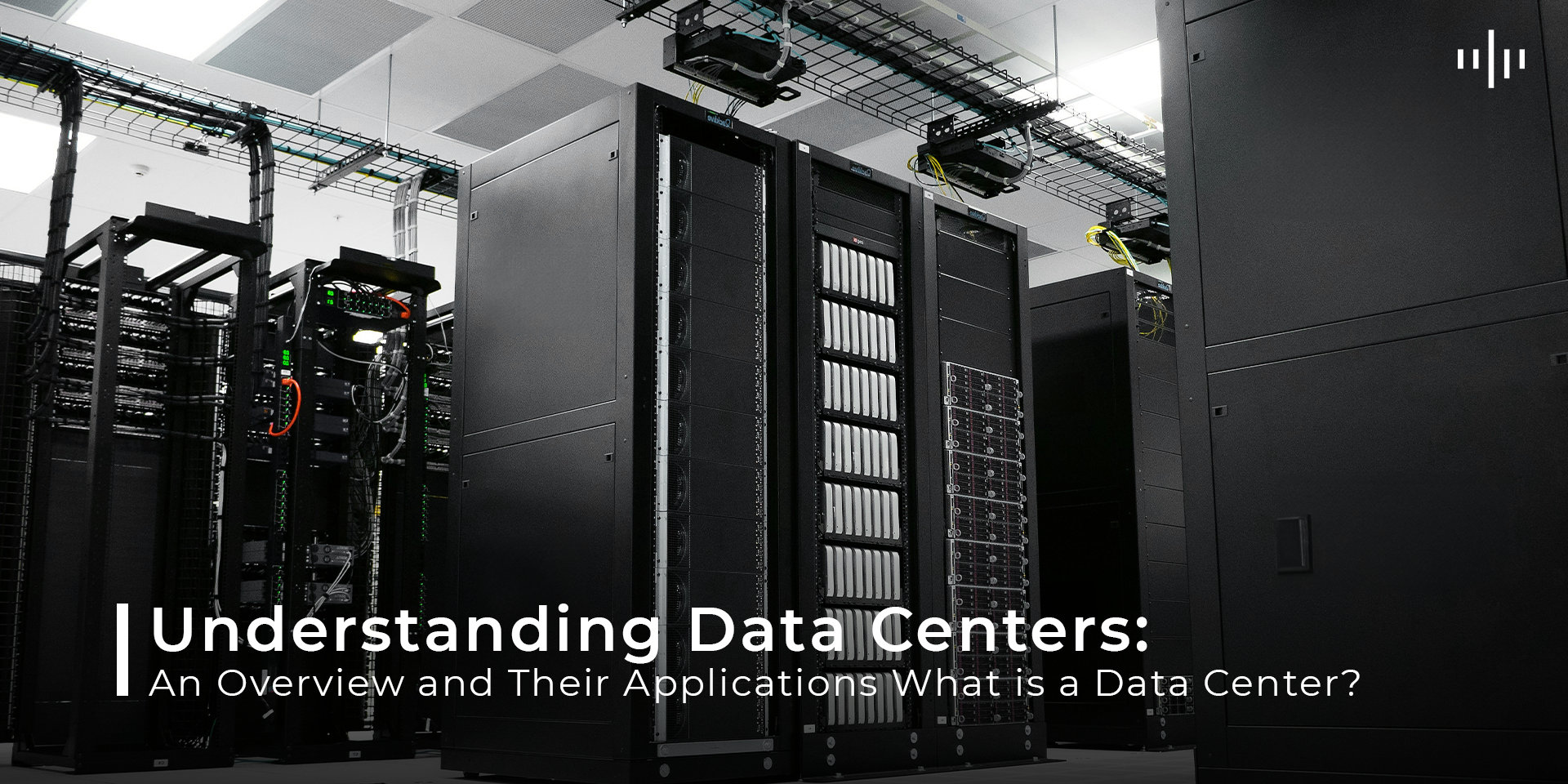Application of data center

BlogUpdate
Understanding Data Centers: An Overview and Their Applications
What is a Data Center?
A data center is a facility designed to house computer systems and associated components, such as telecommunications and storage systems. It includes servers, networking equipment, storage devices, and other infrastructure needed to manage, store, and process large amounts of data. Data centers provide critical services such as web hosting, database management, and cloud services.
Key Components of a Data Center
- Servers: High-performance computers that process and store data.
- Networking Systems: Cables, routers, and switches that connect servers and devices.
- Storage Devices: Hard drives, SSDs, and other storage solutions for large-scale data retention.
- Cooling Systems: Equipment to control temperature and ensure efficient operation.
- Power Backup: UPS and generators to maintain continuous operation during power outages.
- Security Systems: Physical and network security measures such as locks, access control, and data encryption.
Types of Data Centers
- Enterprise Data Centers: Operated and managed by a single organization for internal use.
- Colocation Data Centers: Facilities where multiple organizations rent space and equipment, sharing resources and reducing costs.
- Cloud Data Centers: Provide services over the internet, allowing users to access and use resources remotely.
Importance of Data Centers
- Stability and Reliability: Ensures continuous and stable operation of IT systems.
- Security: High security measures to prevent attacks and data loss.
- Efficiency: Use of advanced technology and equipment to provide fast and efficient services.
Applications of Data Centers
Data centers serve a variety of purposes, supporting numerous industries and applications. Here are some notable examples:
- Streaming and Online Entertainment: Data centers store and stream video and music content globally, providing high-quality and uninterrupted viewing and listening experiences.
- Online Retail: Data centers manage vast amounts of product data, order processing, and payment systems, along with personalized product recommendations.
- Cloud Services: Leading cloud service providers offer a range of services such as data storage, computing, and machine learning through data centers.
- Communication and Online Meetings: Data centers manage video conferencing platforms, meeting recordings, and team communication tools, facilitating seamless online interactions.
- Finance and Banking: Financial institutions use data centers to process transactions, manage customer data, and perform data analysis for business decisions.
- Education and Research: Educational platforms and research institutions use data centers to manage online learning environments, course data, and large-scale scientific data from experiments.
Data centers play a crucial role in various industries by providing reliable, efficient, and secure data management and processing services. They enable organizations to operate effectively and support the growing demand for digital services and big data analytics. The examples provided highlight the significance of data centers in everyday life and business operations worldwide.


